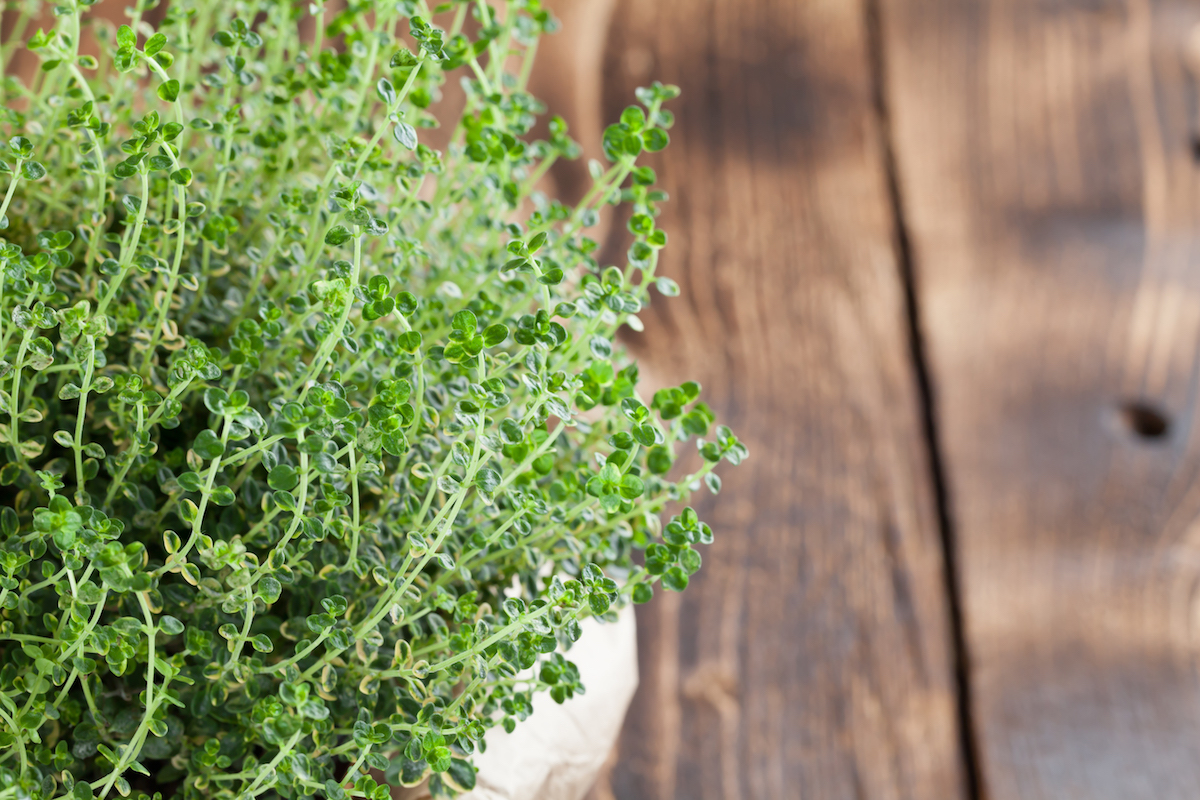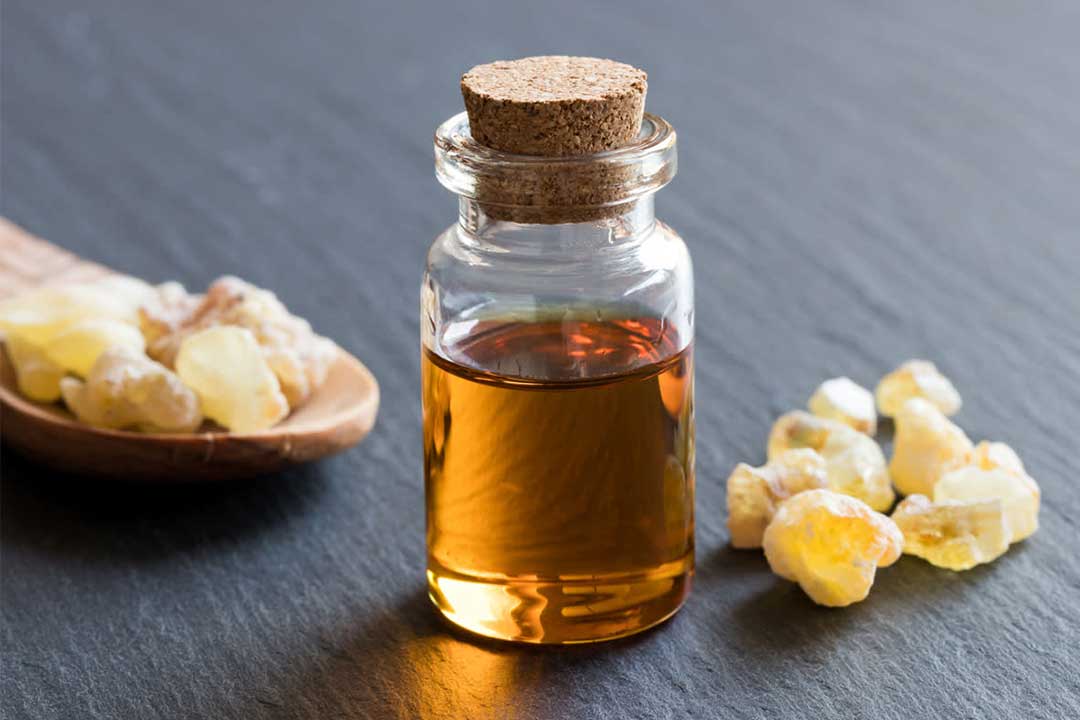
Flaxseed is a super seed that is universally known for its health-protective properties. It is a staple in the nutrition world and is known for being a rich source of healthy omega-3 fatty acids, antioxidants, and fiber.
Here, we bring health benefits that flaxseed offers and some more information about this seed.
What Is Flaxseed and Where Did It Come From?
Flaxseed comes from the flax plant (also known as Linum usitatissimum), which grows to be about 2 feet tall. It likely was first grown in Egypt but has been cultivated all around the world.
The flax plant can be woven into linen -- its fibers are two to three times as strong as cotton! When the plant first came to North America, it was primarily grown to produce clothing. In the mid-20th century, however, cotton took over as the United States' fiber of choice, so these days, most places in North America that grow flax do so to produce seeds.
Its nutty-tasting seeds can be eaten on their own or crushed and cold-pressed to release flaxseed oil. For decades, it had been common to find flaxseed (also called linseed) used in things like cereal or bread. But it's developed a niche in the health food scene in the past decade or so. People have become knowledgeable about the crop's many health benefits and now have many ways to get their fill, whether as a supplement or as an ingredient they add to a variety of foods. You may even have noticed that flaxseed's been incorporated into your pet's food.
What Are the Nutrition Facts of Flaxseed? Calories, Carbs, Fiber, and More
The usual serving size of ground flaxseed is 2 tablespoons (tbsp). That serving includes:
- 80 calories
- 3 grams (g) protein (6 percent daily value, or DV)
- 4 g carbohydrate (1.33 percent DV)
- 6 g fat (9.23 percent DV). Flaxseed is one of the best sources of the omega-3 fatty acid alpha-linolenic acid (ALA).
- 4 g fiber (16 percent DV)
- 100 milligram (mg) phosphorus (8 percent DV)
- 60 mg magnesium (14.28 percent DV)
- 120 mg potassium (2.55 percent DV)
Health Benefits: A Look at Your Body on Flaxseed
Flaxseed and flaxseed oil have been linked to several health benefits and have been shown to help with:
- Digestion: Flaxseed can help with digestive issues like constipation, thanks to its high-fiber content.
- Lowering cholesterol levels: Flaxseed's been linked to lowering levels of low-density lipoprotein (LDL, or "bad") cholesterol, which means it can help prevent other health issues such as heart disease and stroke.
- Manage some cancers: Flaxseed has possible anticancer compounds called lignans, which are polyphenols that may help manage certain types of cancer, including breast cancer.
- Weight management: This proposed benefit mostly stems from flaxseed's fiber, which can help you feel full.
- Improving insulin sensitivity: Insulin resistance, or an inability to effectively use the hormone insulin to ferry glucose to cells, is the hallmark of type 2 diabetes, and some research suggests flaxseed oil may help with this problem.
As for all the news that flaxseed can reduce hot flashes and other symptoms women experience when going through menopause? Consider it hype for now. There isn't sufficient research to back up the claims.
Flaxseed vs. Chia Seeds: How Do They Compare Nutritionally?
Flaxseed isn't the only trendy seed around: Chia seeds are out there too and give flaxseed a run for its money. Both have earned their superfood reputation and are sources of a variety of nutrients, vitamins, and minerals.
But which one's better? Here's how they stack up:
- Protein and potassium levels are pretty similar between the two seeds.
- Chia seeds have slightly fewer calories than flaxseed.
- Chia seeds have slightly more grams of carbohydrates and fiber per serving than flaxseed.
- Chia seeds win in the calcium department.
- Flaxseed contains more omega-3 fatty acids.
- Chia seeds have an edge on flaxseed in terms of promoting fullness, likely because of their higher-fiber viscosity.
It's a tough one to call, but what it comes down to is this: There's a place for both in a healthy diet. You can choose your seed based on what you need more of. If it's omega-3s, go for flaxseed. If you need more calcium or fiber, chia seeds are a good bet.
Is Flaxseed Good for Weight Loss? Here's What the Research Suggests
Flaxseed may be able to help with your weight loss efforts because of its fiber content. Fiber helps you feel full more quickly, which could lead to weight loss if you end up taking in fewer calories over the course of the day.
A small study from 2012 found consuming a flax drink containing 2.5 g of fiber increased feelings of fullness and helped to successfully suppress the appetites of the study participants.
In a 2017 review of 45 studies, researchers concluded that supplementing one's diet with whole flaxseed led to a reduction in body weight, body mass index (BMI), and waist circumference. The study authors concluded flaxseed may help overweight or obese people slim down.
How to Select and Store Flaxseed: Seeds, Meal, Oil, and More
You can find whole flaxseed at the store, but you'll probably want to chop or grind it up before eating. For most people, ground flaxseed is easier to digest than whole seeds. It also ensures the nutrients are more easily absorbed by the body.
You can find ground flaxseed at the store (also called flaxseed meal or flaxseed flour), or you can buy whole flaxseed and grind it yourself in a coffee grinder. You can also find flaxseed oil as well as flaxseed oil supplements available for purchase.
Flaxseed can be sensitive to heat and sunlight and has a reputation of spoiling quickly. It's best to store your whole flaxseed in the refrigerator to keep it fresh longer.
If you grind your own flaxseed, keep the seeds in the fridge and take them out just before you're ready to grind them. Then store the ground flaxseed in an airtight container, where it should stay fresh for a few months.
Flaxseed oil is usually sold in dark-colored bottles to minimize its exposure to light. Read the bottle's label for storage details -- most recommend storing in the refrigerator to maintain freshness.
Possible Side Effects and Health Risks of Eating Flaxseed
In general, flaxseed and flaxseed oil come with few negative side effects. But there are a few things you should be aware of.
First, raw flaxseed can contain toxins. You'll want to limit your intake of raw flaxseed, though the toxins are killed when the seeds are toasted or used in a baking recipe. Experts recommend having no more than 5 tbsp of whole flaxseed per day.
All of that fiber packed into flaxseed is good for you and your digestive system -- but only if you're drinking plenty of water. Otherwise, it could backfire and make constipation worse. There's also a chance that the flaxseed will help your digestive system too much and lead to gastrointestinal issues such as diarrhea.
You'll also want to limit your flaxseed and flaxseed oil consumption if you are:
- Pregnant: Flaxseed may mess with your hormones during pregnancy.
- Preparing for surgery: Flaxseed oil may decrease your blood's ability to clot, so keep it out of your diet for a couple of weeks leading up to your procedure.
- Taking medication: Because flaxseed may help lower high blood pressure, taking it with a blood pressure-lowering medication can cause your blood pressure to drop to too-low levels, called hypotension.
- Similarly, because flaxseed can lower high blood sugar levels, people with diabetes who are taking medication should be extra cautious. It's always a good idea to check with your doctor to make sure the ingredient won't negatively interact with any other medication you're taking.
If you have a negative reaction to flaxseed, it's possible you may be allergic to it.
Frequently Asked Questions About Flaxseed and the Answers
Q: What does flaxseed do to your body?
A: Flaxseed is a great source of fiber and healthy omega-3 fatty acids. It's best known for aiding digestion, but it also has the potential to lower cholesterol, improve insulin sensitivity, and protect against certain types of cancer.
Q: Is flaxseed bad for you? Or is it good for you?
A: Flaxseed is good for you -- there's no question. It's filled with many vitamins and minerals that play a role in a healthy diet. You'll want to limit your intake of raw flaxseed, though, because it may contain toxins.
Q: Is flaxseed good for weight loss?
A: Adding flaxseed to your diet can lead to weight loss because of its high-fiber content. Foods that are high in fiber promote feelings of fullness and satiety, so you may end up eating less and losing weight as a result of incorporating flaxseed into your diet.
other nutrients found in ground flaxseed may not end up in the oil version after processing.
Q: How do you eat flaxseed?
A: Flaxseed has a mild nutty flavor that complements a number of dishes. You can add ground flaxseed to pancake or waffle batter or to any number of baked goods, such as muffins and cakes. Some people like to sprinkle 1 tbsp of ground or toasted flaxseed into yogurt or oatmeal. Flaxseed oil can also be used in salad dressing or as a drizzle on top of roasted vegetables.





